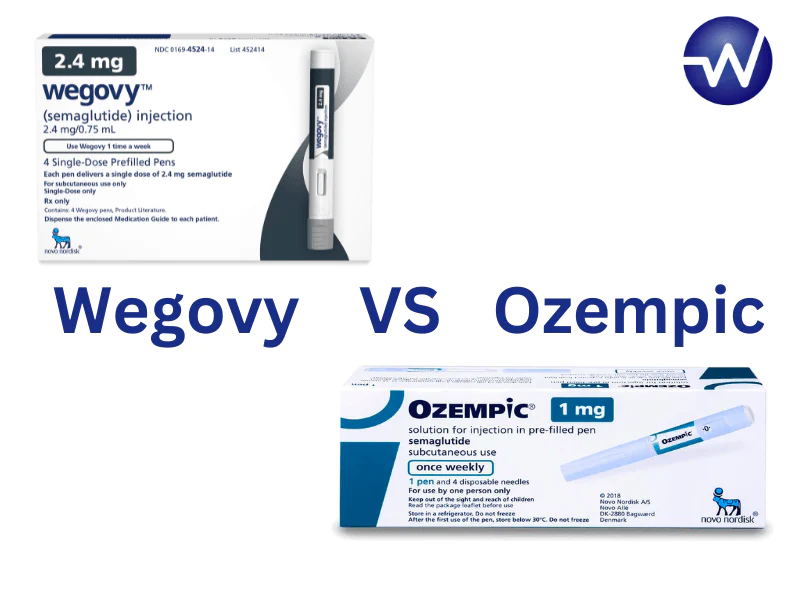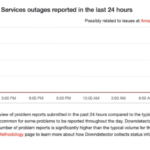Increasing evidence suggests that drugs like Semaglutide, commonly known as Ozempic or Wegovy, could play a role in reducing alcohol cravings. Originally developed to address metabolic issues. These medications are now being scrutinized for their unexpected impact on the desire for alcohol.
The potential connection between Ozempic and alcohol moderation introduces a compelling angle in pharmaceutical research. Offering new possibilities for addressing alcohol-related concerns and shedding light on the broader impacts of these medications.

The utility of Ozempic and Wegovy extends beyond weight loss. The research spanning over a decade reveals unexpected side effects in drugs commonly employed to treat diabetes. They significantly reduce the desire for alcohol, often to a remarkable extent.
The observed efficacy of drugs such as Semaglutide doesn’t come as a shock to physicians who have been prescribing this medication to their patients. As early as 2011, a study conducted in India highlighted the impact of liraglutide, a GLP-1 receptor utilized in diabetes treatment substantially decreasing alcohol consumption within a limited participant pool. Notably, nine out of 63 surveyed individuals had even abstained from alcohol entirely. This evidence suggests a consistent trend in the potential of this medication to influence alcohol intake positively.
Indication of the potential use of these medications in alcoholism treatment dates back even further. The introduction of the first GLP-1 receptor agonist, exenatide occurred in 2005. Since then, anecdotal reports have consistently highlighted a diminishing desire for alcohol in individuals using such drugs. The prospect of an already-approved and safe drug curbing alcohol cravings raises tantalizing possibilities for its potential in treating Alcohol Use Disorder (AUD). A condition estimated to affect over 280 million globally.
READ ASLO: Tech Worms: Unveiling Advancements and Hurdles In Artificial Biomimicry
Subsequent research progress unfolded at gradual pace. Initially, investigators conducted animal experiments to assess the application of GLP-1 receptor agonists for decreasing alcohol consumption, demonstrating promising outcomes.
In 2017, a Danish clinical trial led by Kruse Klausen investigated exenatide for treating Alcohol Use Disorder (AUD). While it showed no reduction in heavy-drinking days. Further analysis reveals efficiency, especially in obese participants. The trial’s limitations, including cognitive behavioral therapy and high dropout rates, prompted the exploration of Ozempic (semaglutide). Ozempic’s relative potency potentially offers broader benefits such as reducing cravings for food, smoking, and alcohol.











